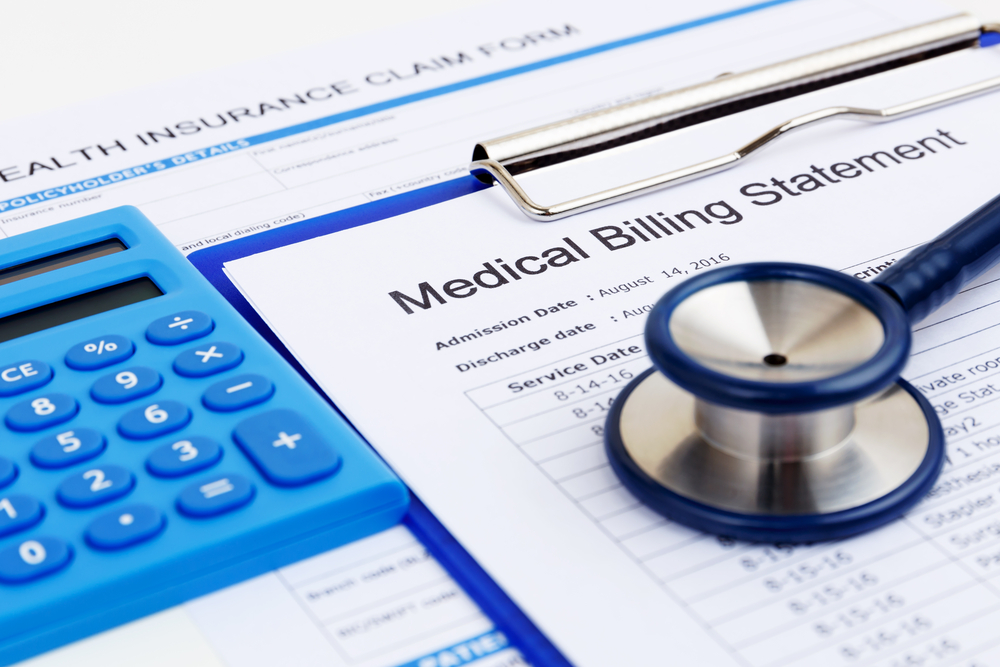Medical debt is a growing problem for many Americans. Last year the Kaiser Foundation released a survey estimating 25% of American adults feel burdened by medical debt. Over half of those surveyed owed $2500 or more in medical bills. The burden of the debt often made it difficult for them to pay for basic expenses.
Are you one of those burdened by medical debt? Are you seeking to understand more about medical debt and what you can do about it? The answer to these three common questions about medical bills may give you a better understanding.
Are Medical Bills Unsecured Debt?
Medical debts are considered unsecured debt. When medical providers render services they do not ask patients to assure collateral for the debt of their service. None of the patients’ personal property (house, car, etc.) can be seized to pay unpaid medical debts. But, you should know that unpaid medical bills which go into collections could lead to wage garnishments or property liens.
Do Unpaid Medical Bills Affect Your Credit Report?
Medical providers rarely report unpaid medical bills directly to the three main credit report bureaus. But, if you remain delinquent in paying, the provider may turn your debt over to a collection agency. It is the collection agency that will report the debt to the credit bureaus. One account in collections could cause your credit score to drop 50 to 100 points.
Can Medical Bills Be Discharged through Bankruptcy?
Medical bills can usually be discharged through bankruptcy. How the medical debt gets discharged depends upon the type of bankruptcy you file. If you qualify for Chapter 7 bankruptcy, you could eliminate medical debt without having to pay the creditor. If you file Chapter 13 bankruptcy, your medical debt will be part of your court structured repayment plan. The repayment plan considers your financial situation and sets forth an amount you must pay each month to be distributed among your creditors. Creditors holding your unsecured debts, such as medical bills, usually only receive a small part of what they are owed. A Chapter 13 repayment plan can last between 3 – 5 years. But, once you have completed the repayment plan all your medical debt will be discharged.
Knowing if you can and should file bankruptcy for your medical debt is complicated. The right answer depends upon the specific factors of your financial situation. You should seek the help of an experienced bankruptcy attorney to determine what is best for you.

